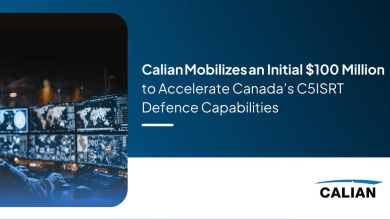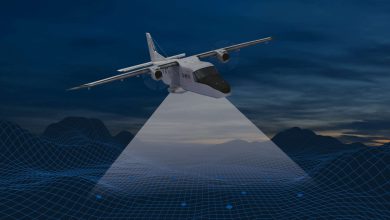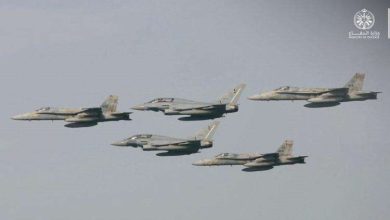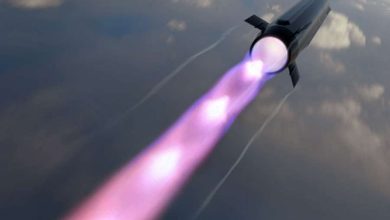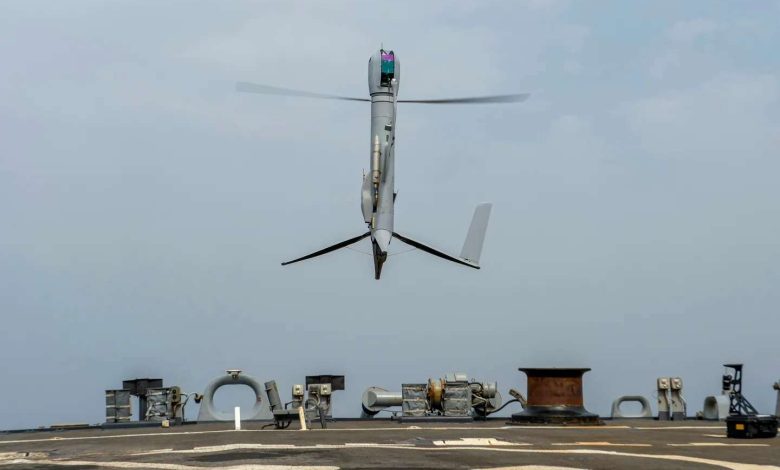
Airbus Expands Horizons: Welcomes Aerovel and Its Groundbreaking Flexrotor Technology
Airbus has finalized the acquisition of U.S.-based Aerovel along with its Unmanned Aerial Vehicle (UAV), Flexrotor, as part of its initiative to bolster its range of tactical unmanned systems. Flexrotor is a compact tactical UAV specifically engineered for Intelligence, Surveillance, Target Acquisition, and Reconnaissance (ISTAR) operations, applicable both at sea and on land.
“We are witnessing a rising trend among armed forces and parapublic organizations globally aiming to discover how unmanned aerial systems can improve their intelligence and surveillance functions. The Flexrotor, featuring vertical takeoff and landing (VTOL) capabilities, complements our strategy to expand our UAV selection. Together with the VSR700, we will continue to advance manned-unmanned synergy to equip our clients with enhanced and broadened operational capabilities essential for monitoring and safeguarding their communities and critical infrastructure, as well as protecting vital assets like helicopters,” remarked Mathilde Royer, Head of Strategy and Sustainability at Airbus Helicopters.
The Flexrotor, an innovative Vertical Takeoff and Landing (VTOL) UAV, boasts a maximum takeoff capacity of 25 kg (55 lbs) and has been meticulously designed for ISTAR missions that can exceed 12-14 hours in standard operational scenarios. It can support a variety of payloads, including electro-optical systems and cutting-edge sensors, tailored to satisfy customers’ specific operational requirements. With the ability to autonomously launch and recover from land or maritime environments, requiring merely a 3.7 by 3.7 m (12 by 12 ft.) footprint, the Flexrotor is ideally suited for expeditionary operations with minimal spatial demands. Backed by the U.S. Department of Defense (DoD) and utilized in multiple maritime security exercises, the Flexrotor serves as a validated force multiplier for missions in complex, high-threat, GPS-denied environments. Additionally, it is deployed for parapublic activities such as forest fire monitoring (providing firefighters with vital visuals at any time) and meets various challenging mission needs, including ice navigation (facilitating naval vessel movements through icy waters in the Arctic Ocean), law enforcement, and border control.
Aerovel currently employs a workforce of over 30 individuals and is on a robust growth path. The company will continue to design and manufacture the Flexrotor in Bingen, Washington, within an established and expanding UAV ecosystem.






